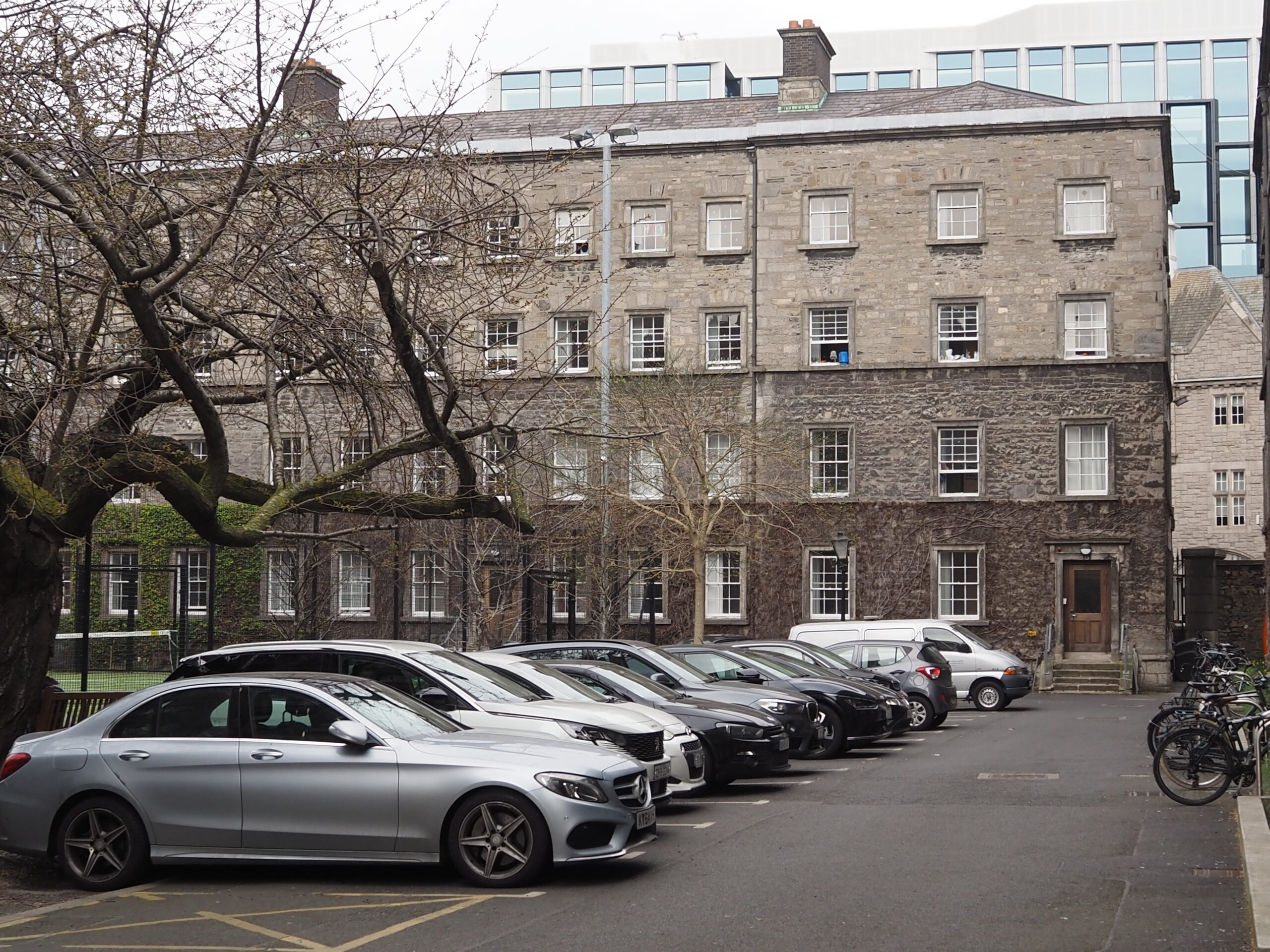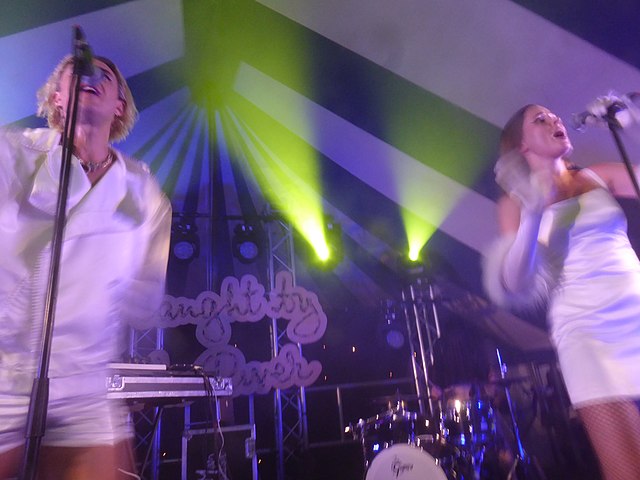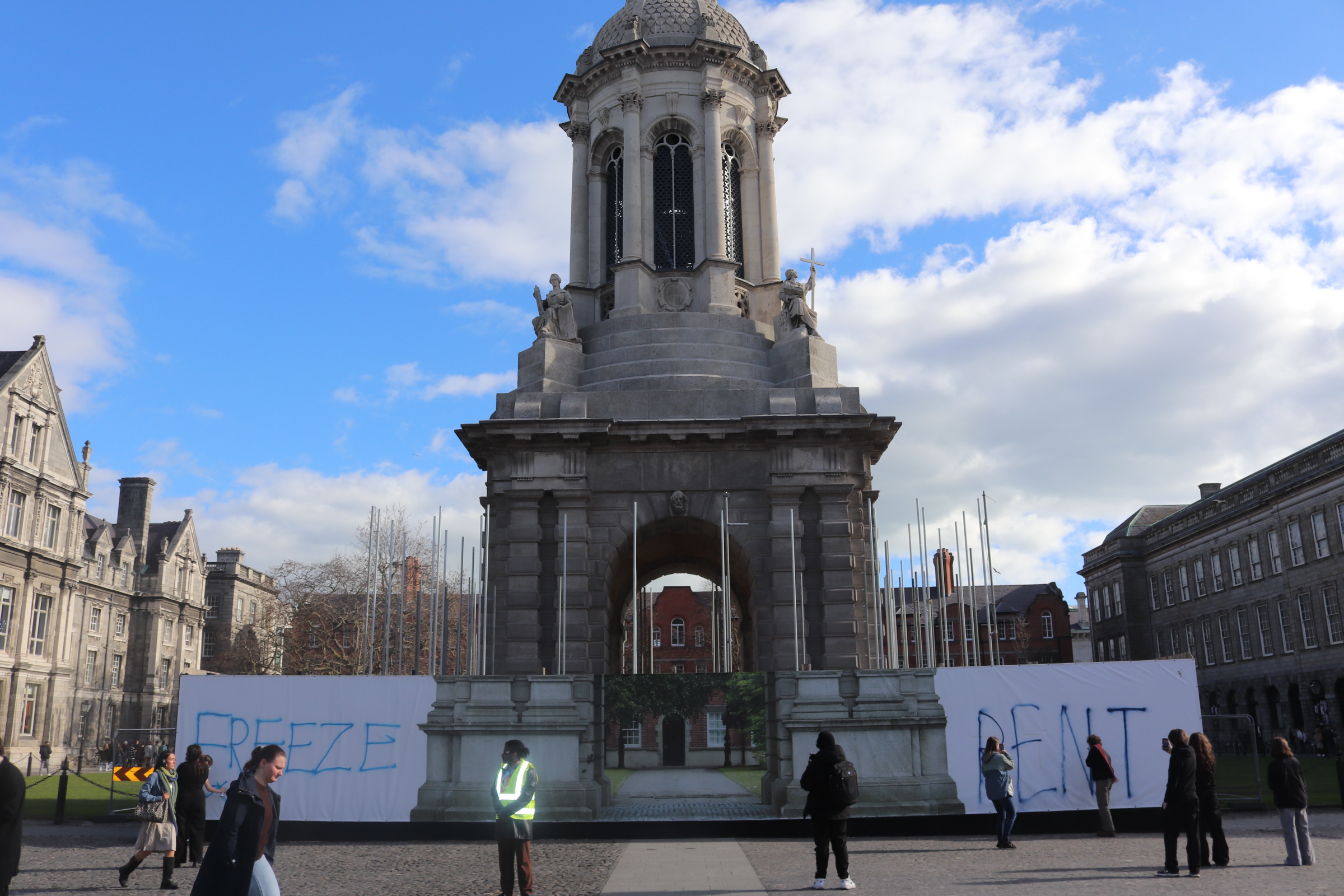The article in question appeared in the Analysis section of The Sunday Independent, dated October 30, 2011.
Sir,
In his article entitled ‘Loud and Proud gays want to take over rest of society’ Eamon Delaney writes as an author concerned about the threat of the gay community, which is ‘forgetting that it is the minority’; the White Knight who protects the mainstream from the liberal agenda of granting human rights and privileges to the insatiable ‘gays’. He is, however, quick to point out that he is all for gay rights – he has, in fact, garnered a deep understanding of the issues faced by many gay people from his best friends, even going so far as to ‘live in a very gay area’ and wearing denim jackets and tartan shirts. The rest of his comments that follow must be ok then, right?
Wrong. In fact, Delaney’s homophobic diatrabe is contradictory, archaic and mostly innacurate.
He notes that same-sex domestic arrangements ‘strike him as strange’, and asks why a minority want to change mainstream society to suit them, citing the rejection of the notion Civil Partnership by many (but not all) of the LGBT community as an example. Whilst Mr. Delaney may be surprised to find out that the democratic process doesn’t revolve around what he, or his bar buddies, see as ‘strange’, he also entirely misses the point that LGBT people are not, in fact asking for any additional rights than those granted to the rest of society..
Rather than changing mainstream culture, same-sex couples want to be a part of it – making marriage a more accessible feature of society and celebrating the purpose of the institution as a means of social recognition of the relationships that mean most to us. For gay people who have grown up in a straight environment, it does indeed seem extremely unfair that the right to have their relationships – and, crucially, the children of those relationships – recognised in the same way as their brothers and sisters is stripped of them the minute they (at times after years of self loathing and self doubt) admit to themselves and others that they are attracted to someone of the same sex.
After an anachronistic (and in the majority of cases false) portrayal of gay life in modern Ireland, Mr. Delaney notes that gay people ‘want to have it both ways’ – a promiscuous lifestyle on one hand, and yet access to marriage on the other. In doing so, he fails to recognise the blindingly obvious – that in the same way as heterosexual people have different desires and life goals, so do gay people. In the same way as some straight people see marriage as an outdated concept, so do some gay people. However, the difference is that those straight people who do want to get married don’t have their rights determined by those who don’t. The crucial thing to recognise is that your sexuality determines just that – who you are attracted to. It does not determine your hopes and your dreams, your highs and your lows, whether you are flamboyant or shy, and it certainly doesn’t turn you into a machine that wants to attack the human rights of those who already possess them.
Quite apart from his diabolical attempt to claim that a particular minority (the bisexual community) doesn’t even exist, is the claim that his is the opinion of mainstream society. He seems to have forgotten the events of the day before his article was published, when Michael D Higgins, elected with over 1 million votes (701,101 of these being first preferences), addressed the nation with a message of equality and respect for others. In stark contrast, Delaney’s article embraces all of the things that our new President stands against – homophobia, ignorance, sweeping generalisations and discrimination.
It worries me that a national newspaper sees fit to publish such a piece. Whilst it may seem so over the top that many observers first see it as a joke, it will not seem a joke to the young gay person that thinks all straight people will think that way if he or she comes out. It is also arguably a flagrant breach of your duty as an editor to ensure that Principle 8 of the Press Council code of practice is adhered to – that is, that “material intended or likely to cause grave offence or stir up hatred against an individual or group on the basis of their…sexual orientation” is not published.
I believe that you owe the readers of your paper an apology for publishing such a piece, and that you should take steps to ensure such hateful comments are never again published in your newspaper. I was in two minds as to even acknowledging this article, and so garnering your paper even more publicity, but I believe that the minute articles such as Eamon Delaney’s get printed without people complaining is the minute that homophobia becomes an acceptable mainstream pass-time.
Yours, etc,
Rachel Barry
Apartment ***
Trinity College
College Green
Dublin 2







